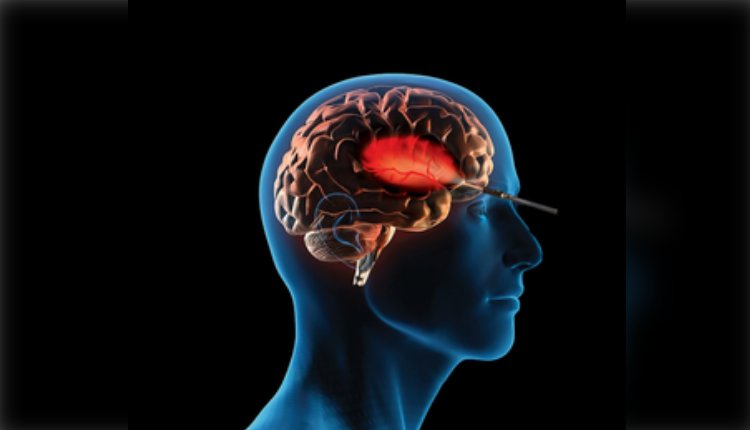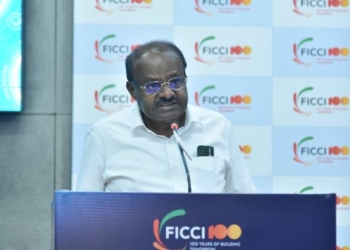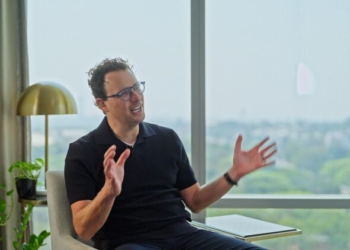Chennai: In a significant medical feat, a team of neurosurgeons here removed a deeply seated insular brain tumour of a 44-year-old woman through a transformative and novel eyebrow keyhole approach.
“This unprecedented technique, being the world’s first, marks an important advancement in the field of neuro-oncology,” according to a statement from Apollo Cancer Centres (ACCs), Chennai, on Tuesday.
During a check-up, following her bike accident, doctors at ACC found an incidental tumour within the delicate folds of the woman’s dominant-side insular lobe of her brain.
The insula, which is deeply embedded within the cerebral cortex, poses significant challenges for surgical intervention. It is surrounded by vital areas controlling functions such as speech and movement and is layered by a dense network of blood vessels.
Traditional surgical approaches require navigating through critical brain tissue and blood vessels, risking paralysis, stroke, and language impairment.
Often, patients must remain awake during surgery, adding to their distress and increasing the risk of complications such as seizures and brain bulges. Despite these risks, surgery remains the primary option.
The team opted for the new keyhole approach via a minuscule incision in the eyebrow to the insula by leveraging their prior experience with keyhole surgeries for skull base lesions.
They said that the novel approach not only provides another alternative to removing these deep-seated brain tumours but also demonstrates “clinical excellence, efficiency and safety.”
“The impact of this achievement cannot be overstated. The eyebrow keyhole approach offers a transformative alternative to reach these deep-seated tumours inside the brain, minimising invasiveness, reducing collateral damage, and significantly enhancing patient safety and overall quality of life,” said Hrishikesh Sarkar, Senior Consultant – Neurosurgery, Apollo Cancer Centres.
The doctor said that the woman was discharged from the hospital within 72 hours and is now doing well.
The woman, thanking the doctors, noted that the advanced treatment not only healed her but also “gave me hope, comfort, and a shorter return to normalcy.”
(IANS)
















